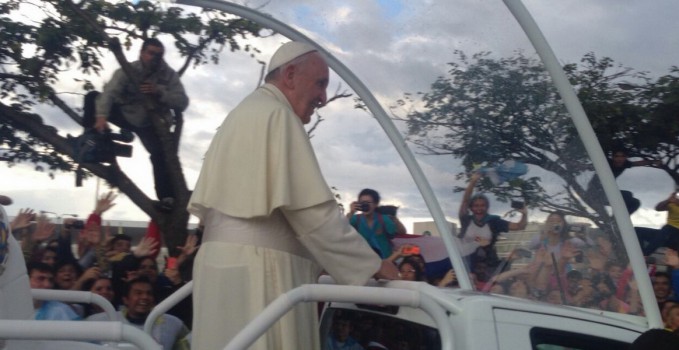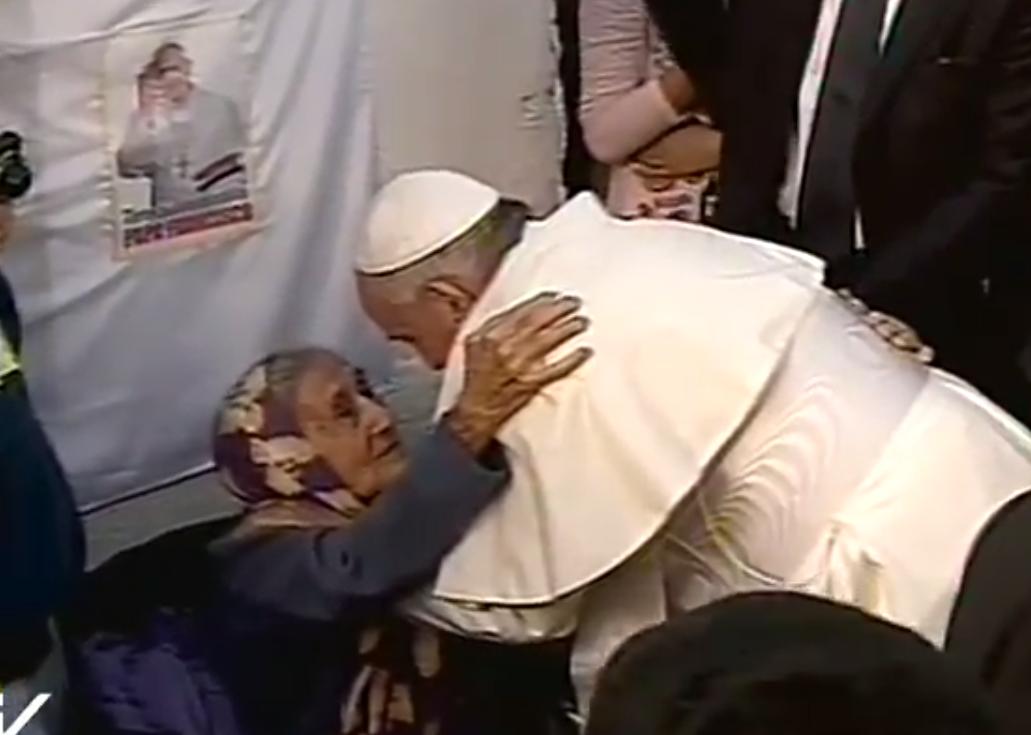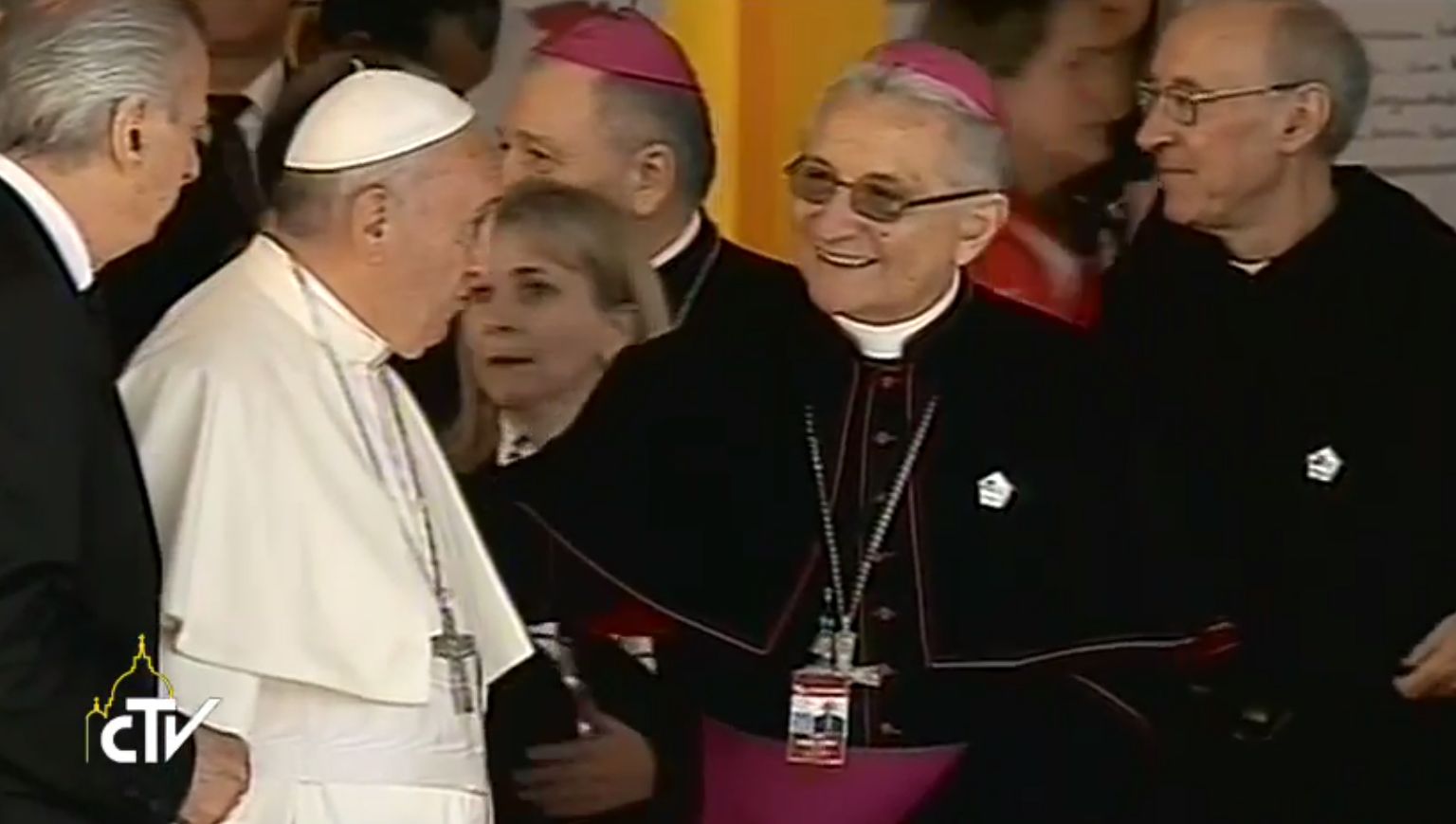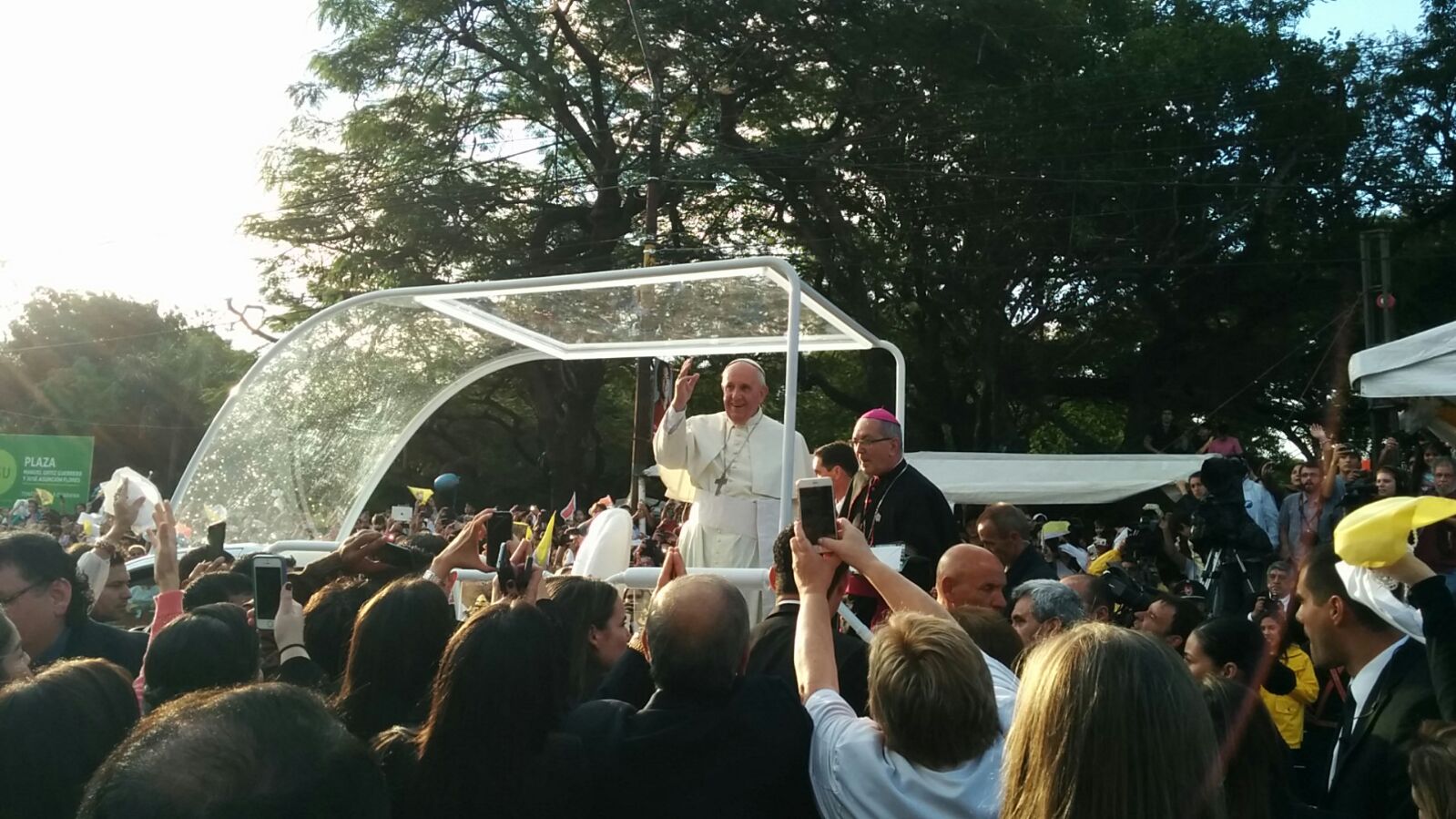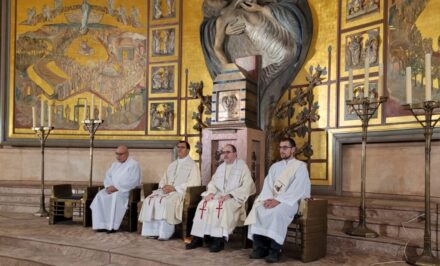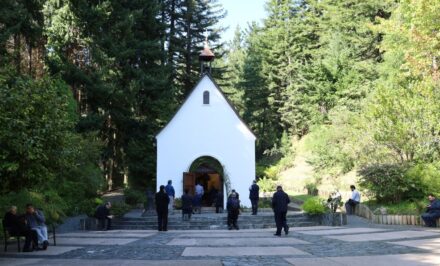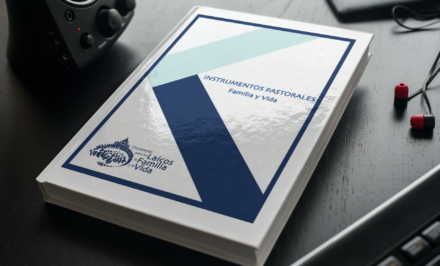LATIN AMERICA, Jorge Armas, Generación Francisco •
Bañado Norte in Asunción, where more than 30 thousand people live, is one of many neighbourhoods in Latin America where one can clearly see the “existential peripheries and the social trash” produced by “civilisation that has gone too far” as well opposite that comes from the people: radically humanising neighbourliness, committed solidarity and deep faith.
Pope Francis promised to visit his brothers in Bañado, rain or shine. And so he did.
Entering one of the tin shanties, an 85-year old man hugged him, saying with tears in his eyes: “I’ve been waiting for you all my life.”
This sentences best summarises the intention of the Holy Father’s first visit to this “guileless America of indigenous blood that still prays to Jesus Christ and still speaks Spanish,” the poet Rubén Darío said more than 100 years ago.
Pope Francis came to repay an old debt to these suffering regions.
He came to once again find the Catholic Church that carries the faith, history, and memory of these people who were intentionally marginalised by the the West that conquered them in order to exploit and discard them.
But Pope Bergoglio not only came as a Latin American but also, and primarily, as the successor of Peter and the Vicar of Christ to announce to everyone that not only are they an important part of the Church, but that “they are the Church.”
More than that, they are the real future of the Church and its necessary participants. He never tires of saying that “Jesus founded his Church among the poor.”
It is this vision that seeks to change political, social, cultural, financial and productive structures in relation to “mother earth,” and, of course, religious structures where some people choose not to see or “channel hop” when confronted by the harsh reality of their brothers and sisters.
From the planning stages for the visit, Francis proposed, both in the real and the symbolic senses, the deep “revolutionary” intention of the visit.
Not only would he continue to urge the youth and the marginalized to “shake up” but he would personally show clearly how to shake things up on the continent. He would go and “give flesh” to the shaking up.
The three chosen countries, Ecuador, Bolivia and Paraguay, have some common features and some differences that give each of them their unique characteristics.
The three countries are, first of all, peripheral in relation to the rest of the region, as if they did not make up the central dynamics of the South American reality. However, the three countries are important geo-political and cultural enclaves in the sub-continent.
They are, without a doubt, “key countries” that are very important in their most diverse realities that impact on the countries around them.
The Spanish, who had a great capacity for imperial design, gave great importance to two of them in the exercise of power in the peninsula, through the creation of the Audiences — the Charcas Audience in High Peru (today Bolivia”) and the Guayaquil Audience in what is today Ecuador.
Taking into account the unique characteristics of Asunción, — the mother city and the headquarters for the Jesuits’ popular evangelisation — the Spanish set up a government.
With the onset of independence, the creation of modern states and the integration of the Anglo-Saxon capitalist model, Bolivia and Ecuador were greatly exploited and then discarded when they were no longer needed.
Paraguay’s cultural and progressive traditions were denied – in the 19th century – with the War of the Triple Alliance in Paraguay, together with any possibility for development in the new extractive capitalist model.
During his visit, Pope Francis went to the peripheries to affirm the great religiosity of these people, to accompany their indomitable battles and to promote them so that they can continue to prioritize their values and, above all, so that that they can powerfully continue to be a people.
Through this visit, Francis defended Christianity as a revolutionary proposal, speaking from the heart to the people as the central subject to incarnate Christ in this “deep change of the times.”


